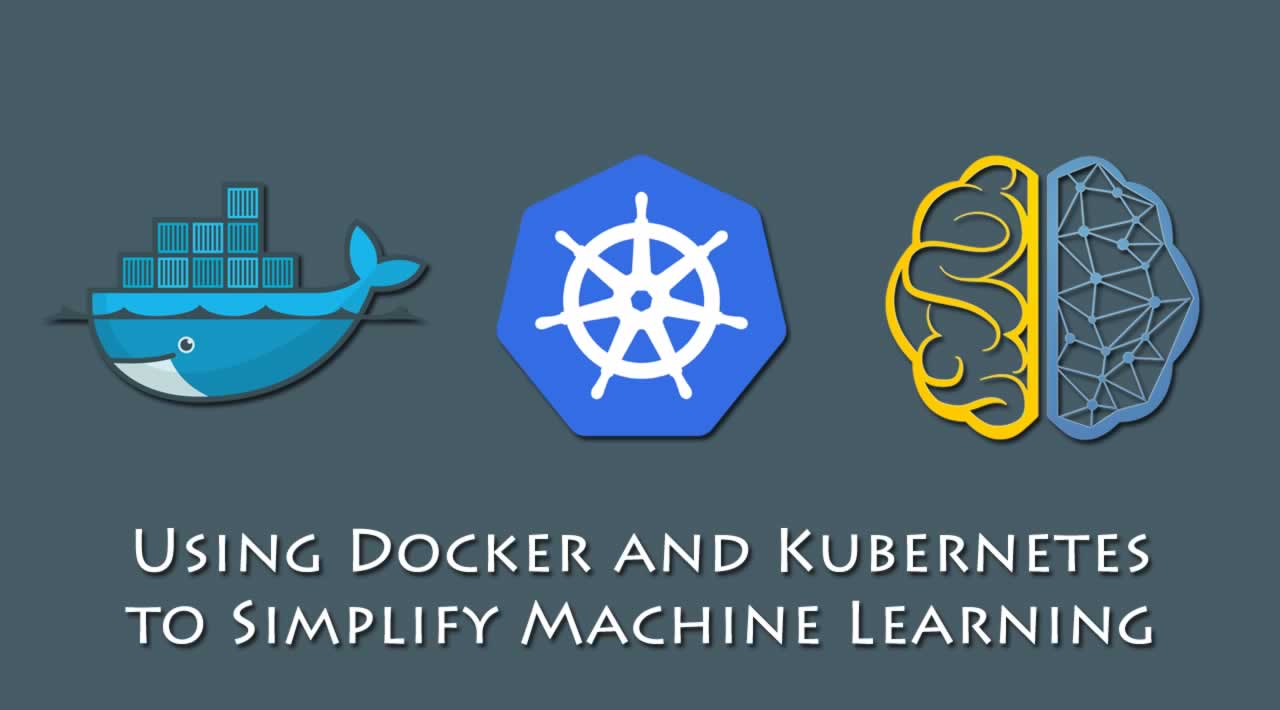Managing the hardware, drivers, libraries and packages that make up a ML development environment can be hard.
In this talk, I will introduce how Docker can be used to simplify the process of setting up a local ML development environment, and how we can use Kubernetes and Kubeflow to scale that standardised environment to provide scalable, web-based Jupyter environments for a large number of users, that can be served from both public cloud providers and from on-premise clusters.
Thanks for reading ❤
If you liked this post, share it with all of your programming buddies!
Follow us on Facebook | Twitter
Further reading about Docker, Kubernetes and Machine Learning
☞ Machine Learning A-Z™: Hands-On Python & R In Data Science
☞ Python for Data Science and Machine Learning Bootcamp
☞ Machine Learning, Data Science and Deep Learning with Python
☞ Deep Learning A-Z™: Hands-On Artificial Neural Networks
☞ Artificial Intelligence A-Z™: Learn How To Build An AI
☞ A Complete Machine Learning Project Walk-Through in Python
☞ Machine Learning In Node.js With TensorFlow.js
☞ Docker for Absolute Beginners
☞ An illustrated guide to Kubernetes Networking
#machine-learning #docker #kubernetes #deep-learning #artificial-intelligence #data-science
